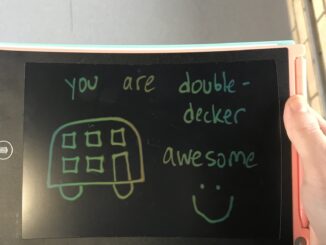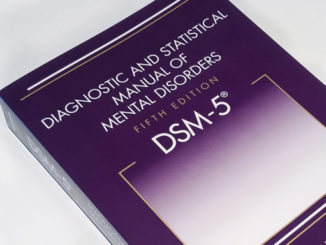Let’s talk about euphemisms.
When non-disabled people dodge around the word “disabled” because they think it’s an uncomfortable word, that’s a euphemism. When they say someone has “special needs” or is “differently-abled” or is “challenged”, those are euphemisms.
Most of the disabled community do not like being spoken of euphemistically. It’s a whole other conversational topic to discuss the societal roots that compound and complicate being disabled, or to discuss medical specifics that contribute to various disabilities, but all of this philosophizing is halted in its tracks if one half of the people conversing are too uncomfortable with the very idea that a person could be dis-abled that they won’t even say the word.
So I say all that in order to say this:
When I say that autism is a neurological difference, and not a disorder, that is not me being euphemistic.
I am not trying to reword it in a cutesy way or in a positive way. I am not shying away from the reality that for many people, autism is, in fact, disabling (because of the societal roots that compound and complicate having a neurological difference; because of the many co-occurring conditions that often accompany autism and can, and do, physically disable a body).
I am saying that any definition of autism that begins with “It’s a disorder where…” has already, baseline, foundationally, missed the point. It’s not a disorder at all. A disorder implies that there should be a cure (whether we have one developed or not). A disability might just be present, just be something to figure out how to live with, may be foundational to the person’s identity, may be something that frustrates them or they wish weren’t the case, may be both on different days. I’m not glorifying autism nor am I demonizing it.
It’s literally just a thing, a way a brain is, and having to argue about whether we should glorify or demonize it feels absolutely silly when I manage to keep these glasses on, which I know are the ones that see things the way that they actually are and not as have been shaped by ableism and other influences.



